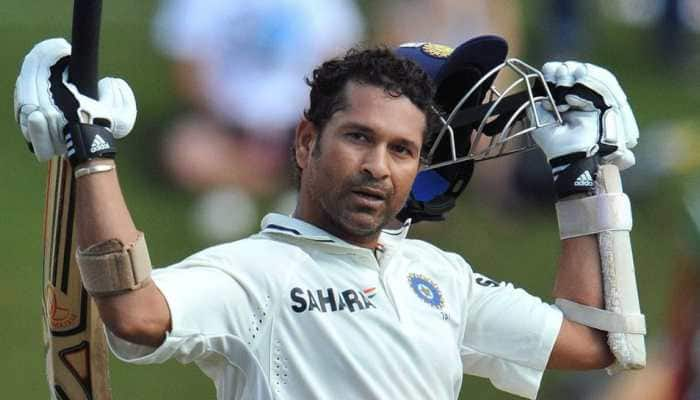Being cold-shouldered can leave you feeling chilly
Usually an unfriendly and antisocial individual is described as a “cold” or “frosty” person in daily language of metaphors, however, a new study has shown that social isolation can actually generate a physical feeling of coldness.
Trending Photos
)
Washington, Sept 20: Usually an unfriendly and antisocial individual is described as a “cold” or “frosty” person in daily language of metaphors, however, a new study has shown that social isolation can actually generate a physical feeling of coldness.
Psychologists Chen-Bo Zhong and Geoffrey Leonardelli from the University of Toronto’s Rotman School of Management wanted to test the idea that social isolation might generate a physical feeling of coldness.
For the study, the research team divided the volunteers into two groups. One group recalled a personal experience in which they had been socially excluded—rejection from a club, for example. This was meant to tap into their feelings of isolation and loneliness.
The other group was asked to recall an experience in which they had been accepted into a group.
Then, the researchers had all the volunteers estimate the temperature in the room. The estimates ranged widely, from about 54 degrees F to a whopping 104 degrees F.
The researchers found that those who were told to think about a socially isolating experience gave lower estimates of the temperature. In other words, the recalled memories of being disliked actually made people experience the ambient temperature as colder.
“We found that the experience of social exclusion literally feels cold,” said Zhong.
“This may be why people use temperature-related metaphors to describe social inclusion and exclusion,” Zhong added.
In another experiment, the researchers triggered feelings of exclusion by having the volunteers play a computer-simulated ball tossing game. The game was designed so that some of the volunteers had the ball tossed to them many times, but others were left out.
The volunteers were then rated the desirability of certain foods and beverages: hot coffee, crackers, an ice-cold Coke, an apple, and hot soup.
They found that the “unpopular” volunteers who had been isolated during the computer game were much more likely than the others to want either hot soup or hot coffee.
The team suggests that their preference for warm food and drinks presumably resulted from physically feeling cold as a result of being excluded.
“It’s striking that people preferred hot coffee and soup more when socially excluded,” Leonardelli said.
“Our research suggests that warm chicken soup may be a literal coping mechanism for social isolation,” he added.
The findings are reported in the September issue of Psychological Science, a journal of the Association for Psychological Science.
ANI
Stay informed on all the latest news, real-time breaking news updates, and follow all the important headlines in india news and world News on Zee News.
Advertisement
Live Tv
Advertisement







)
)
)
)
)
)
)
)
)
)
